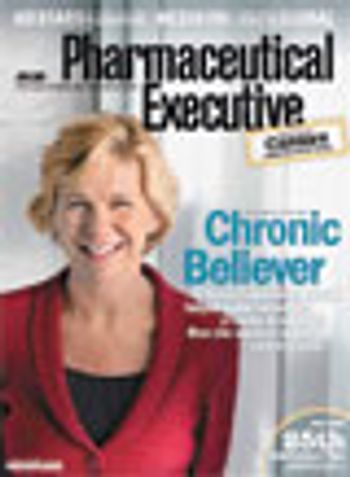
So-called "consumer-driven" health insurance is designed to help informed consumers make better decisions about their medical treatment. But the high deductibles associated with these plans are affecting the end goal.

So-called "consumer-driven" health insurance is designed to help informed consumers make better decisions about their medical treatment. But the high deductibles associated with these plans are affecting the end goal.

Meetings at which peripheral activities become the focal point are likely to attract scrutiny.
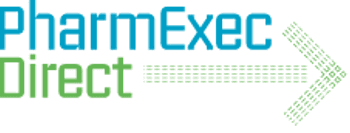
A new study indicates that a protein produced by HIV invades uninfected B cells and inhibits a mechanism that makes certain antibodies very good at targeting invading agents.

Experts say proposed label changes or black box warnings would not significantly decrease ADHD drug prescriptions. But they see potential market opportunities for new products and generics.

A Q&A with Geoffrey Jarvis, counsel for the plaintiffs, with a response from Pfizer.

The high court could fine-tune the definition of what is patentable in deciding LabCorp v. Metabolite. Legal experts weigh-in on the nuances of the case.

A University of Chicago professor explains his findings that serotonin induces gasping in oxygen-deprived infants. These results will probably not lead to Prozac prescriptions for babies, but they could be used to find a genetic marker for SIDS risk down the road.

Economists discuss a recent article in Health Affairs, which argues that market demands, not R&D costs, determine drug prices.
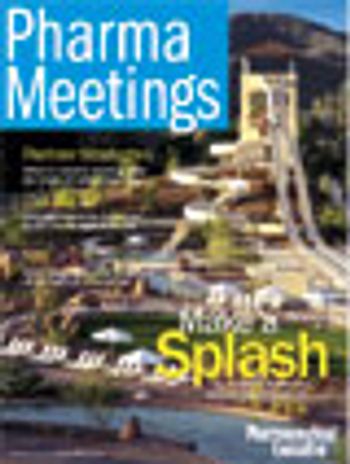
WHEN I WAS GROWING UP, my favorite book was Aesop's Fables. I especially loved the way every story had a moral at the end to tie everything together: Try before you trust; the hero is brave in deeds as well as words; birds of a feather flock together; might makes right; don't be the boy who cried wolf. Those one-line messages packed a punch then, and still stick with me.

THE OLD FORMULA IS TRIED AND TRUE: GET YOUR reps informed and excited at a launch meeting, and you'll have a positive impact on the success of the drug. But too many pharma meeting planners forget that sharp PowerPoint slides and fancy dinners no longer impress sophisticated sales reps. Reps want more than a fresh presentation. They seek a new experience. They want to be wowed.

When planning meetings, pharma companies need to work beyond what they think is satisfactory.

One legal expert noted that the industry may be divided into two sectors: companies that have CIAs and those that will.
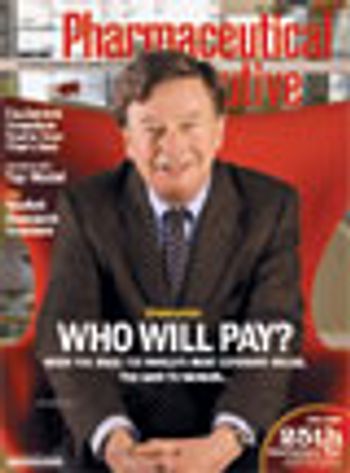
The disease profiles pharma companies pursue should shape the business models that enable them to grow.

Understanding how drugs are bought and paid for has always been a bit complicated. People used to say that pharma had two customers-physicians and patients. Only one of them used the drug, and neither of them knew the price. My, how times have changed. Now the industry has so many customers, it needs to stop and get to know them all over again. And that's at a time when drugs worth tens of billions of dollars are going off patent. To map pharma's shifting landscape, Pharm Exec convened a group of top market researchers to discuss the issues shaping an evolving industry. Topics ranged far and wide, from the advent of Medicare Part D, to the new focus on adherence, the role of international markets, even the brave new world of marketing to seniors' children.

Given the high volume of rep interactions with healthcare professionals, companies must work toward achieving a fully integrated system that collects data from across the entire enterprise.

Before a pharmaceutical company dispatches a sales rep to a medical practice, the marketing department learns some basic facts about the physician: how many new prescriptions she's written, how many refills, and how much upside prescribing growth she might generate. What the rep usually doesn't know: who else-nurse practitioners and physician assistants-prescribes medications in the office, at a nearby clinic, or sometimes in a separate practice just down the hall.

The newspapers seem shocked to learn that scientific journals occasionally publish things that aren't true. Where have they been?

Companies don't have the budget, but are being forced to do more active surveillance.

The high court’s decision on this licensing dispute could have far-reaching implications for patent negotiations, legal experts say.

An analysis of Merck’s clinical trial data for Singular (montelukast) indicates that obese people may respond to asthma treatments differently than lean people. A University of Michigan professor explains his recently published paper.

Thomson PharmaSM - Integration enhances communication

The door to growing vaccine proteins in plants is officially opened with a USDA-approved veterinary product. Is the FDA prepared for human vaccines grown in plants?

Generics supplement, September 2006. List of proposed content.
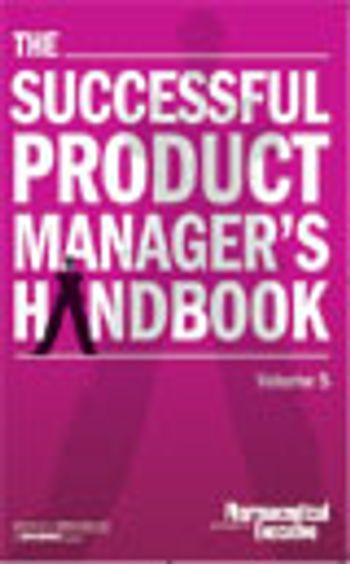
All things considered, POS is undervalued and therefore underutilized, given its inherent potential to build recognition and increase demand.

In 2004, US growth hormone sales reached nearly $711 million. But harsh restrictions on growth hormone treatments and their abuse as "lifestyle drugs" have injected controversy into the market. How can pharma ensure that its marketing efforts for products that help millions of children and adults reach the right targets?

As 2006 gets under way, changes in the industry are creating new opportunites for product managers, along with a landslide of challenges. Blockbuster drugs that represent 50 to 60 percent of pharmaceutical sales will come off patent in the next few years, and with consumer awareness now greater than ever, product managers need to work even harder to keep up. The articles in this volume address these growing concerns.

Imagine a person sitting alone in his living room suffering through a pounding migraine, while the rest of his family sits together around the kitchen table. He wants to join them, but his symptoms render him motionless. Now, imagine he has the choice to take two different drugs that promise to alleviate symptoms of his migraine. Drug A promises to help at the source of the problem by decreasing the frequency of swollen blood vessels around the brain, while drug B promises migraine-free days with more time to spend with the family. What do you think he would choose?

At the Division of Drug Marketing, Advertising, and Communications (DDMAC), our goal is to assure that prescription drug promotion is not false or misleading, and that it presents a balanced picture of a drug's risks, as well as its benefits.

Pharma companies spend the most money looking at what their competitors have already done. Here, three companies explain how competitive intelligence should work.
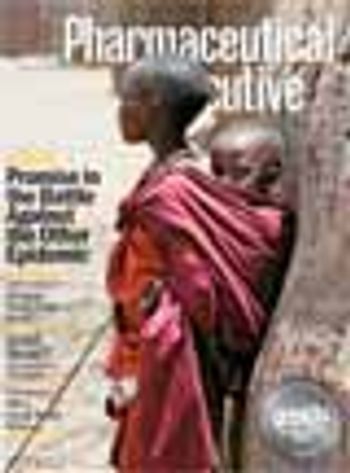
Attacking articles in medical journals, those ghostwritten by professional medical writers paid by pharmaceutical companies, is the media's latest attempt to taint anything supported, promoted, or approved by Big Pharma.